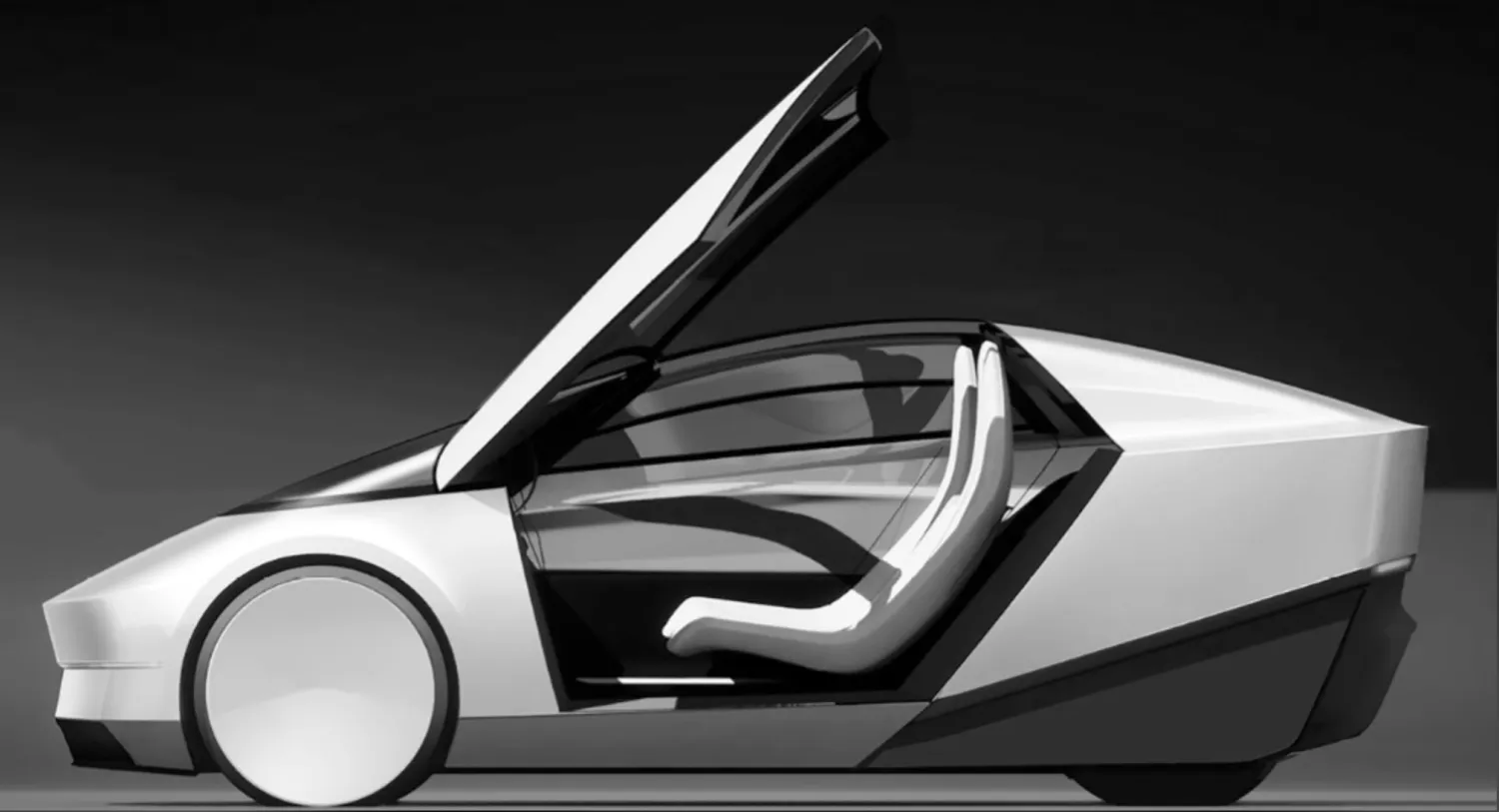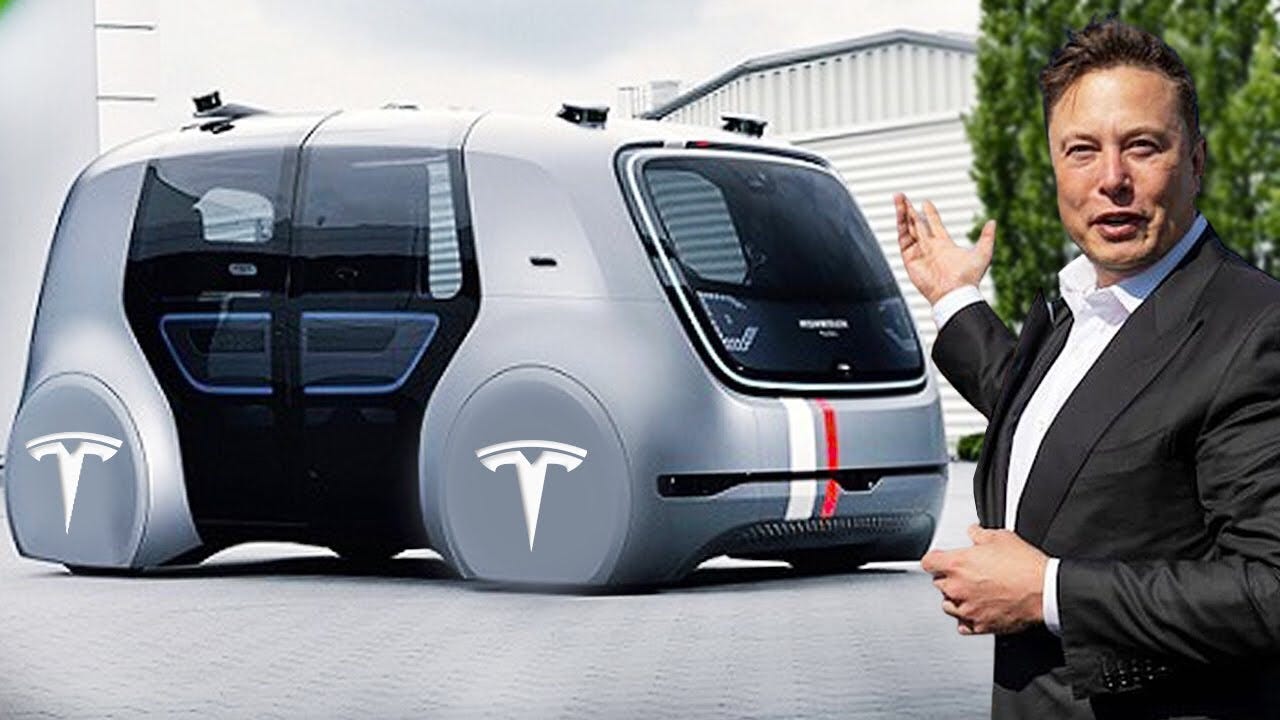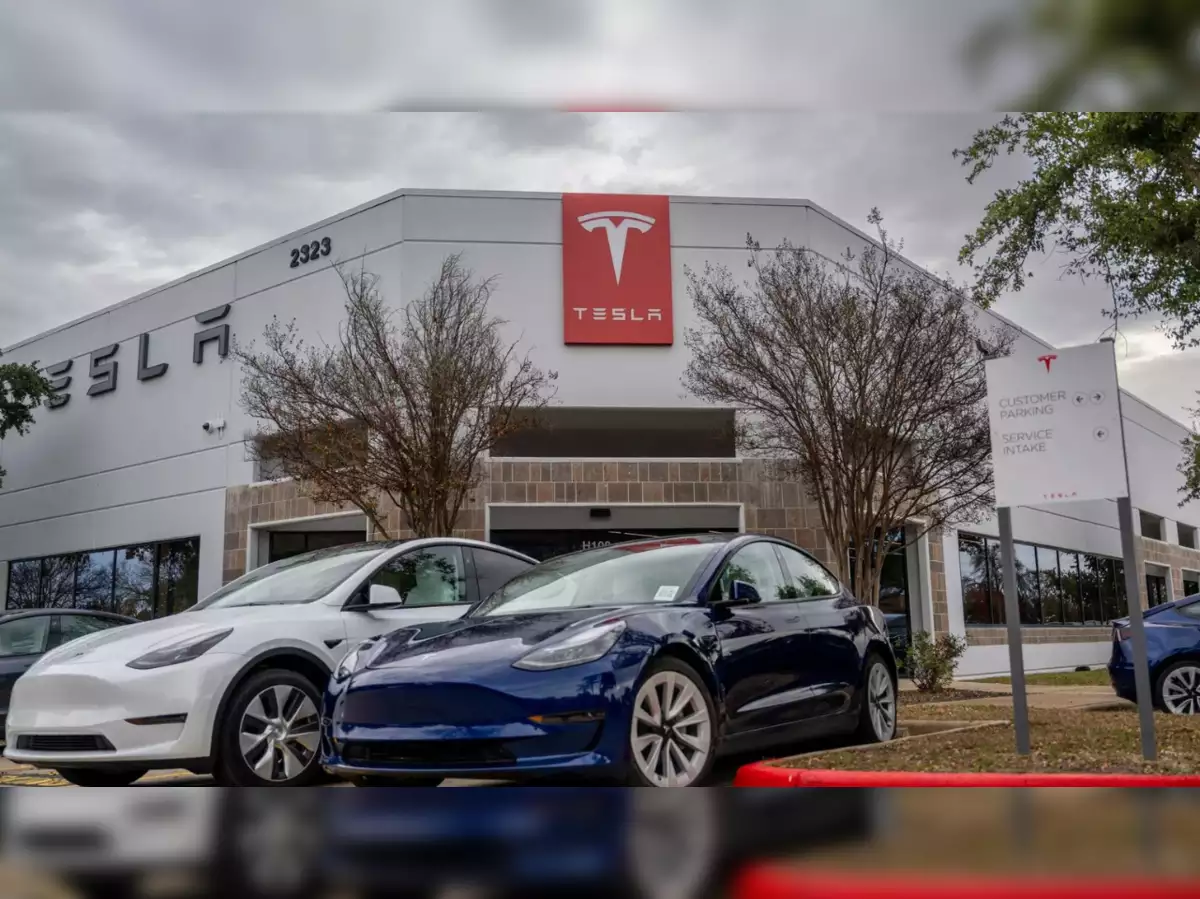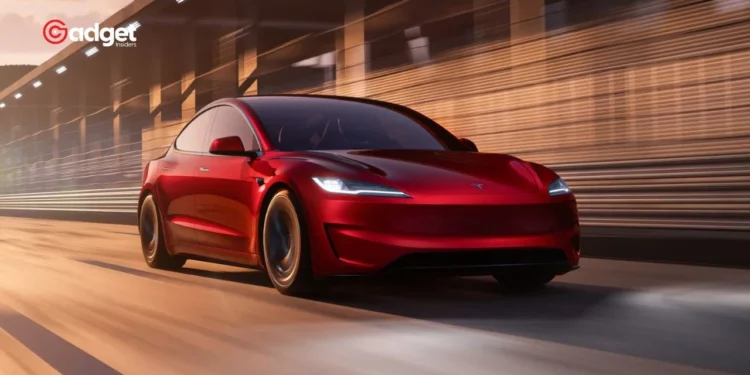No industry magnate champions the cause of autonomy as vigorously as Elon Musk. Tesla Inc., under Musk’s leadership, is not merely an automaker but a beacon in the artificial intelligence landscape, pushing the boundaries of what vehicles can achieve independently. As Tesla gears up for its “robotaxi unveil” on August 8, the company’s shift towards fully autonomous vehicles reflects a broader ambition that goes beyond traditional car manufacturing.

RBC Capital Markets’ recent valuation of Tesla places it at a towering $1 trillion — a figure that is roughly double its current market cap. Strikingly, less than 6% of this valuation comes from its core business of manufacturing and selling electric cars. Instead, an overwhelming $627 billion is pegged on Tesla’s prospective robotaxi services, underscoring the pivotal role they are expected to play in the company’s future. This staggering projection surpasses Tesla’s entire present market capitalization, highlighting the colossal expectations from its autonomous vehicle ventures.

The Paradox of Autonomy: Musk’s Freedom Versus Tesla’s Vision
While the financial world and company enthusiasts are buoyed by the prospect of robotaxis revolutionizing urban mobility, there’s an inherent paradox in this shift. Elon Musk, the vanguard of this transformative vision, might be unwittingly curtailing his own freedom with this aggressive pivot towards autonomy. This strategic move aligns with his long-standing mission to position company as a leader not just in electric vehicles but in artificial intelligence and autonomous technology.
However, this focus also channels company’s trajectory into a narrow path heavily dependent on the success of its autonomous vehicles, potentially limiting the company’s flexibility to diversify or adjust its strategic goals in the future. The intense focus on autonomy could restrain the very freedom that Musk values, as company becomes more singularly defined by this ambitious undertaking.

This dichotomy is crucial for investors and market watchers. Musk’s regular prompts to view company not as a car manufacturer but as an AI pioneer indicate his commitment to redefining the company’s identity. But as company becomes synonymous with autonomous technology, the risks associated with this high-stakes gamble escalate, possibly constraining Musk’s own entrepreneurial spirit and company’s maneuverability in the volatile tech landscape.
Looking Ahead: The Road to Autonomy
As the date of the robotaxi reveal approaches, all eyes will be on Tesla to deliver on its promises. The event is not just a showcase of technological prowess but a litmus test for Tesla’s future trajectory and its potential to dominate the nascent but rapidly growing market for autonomous vehicles. This bold step towards autonomy could indeed be a game-changer for Tesla, propelling it to new heights or, conversely, tying it down to an overly ambitious vision that might struggle to match expectations.
Investors and Tesla aficionados are keenly watching how this gamble on autonomy will play out. Will company redefine urban mobility and anchor to its position as a trillion-dollar titan in the tech-driven future, or will it become a cautionary tale of overreach in the pursuit of innovation? Only time will tell, but one thing is certain: company’s journey towards autonomy is a pivotal chapter in the saga of modern transportation.










